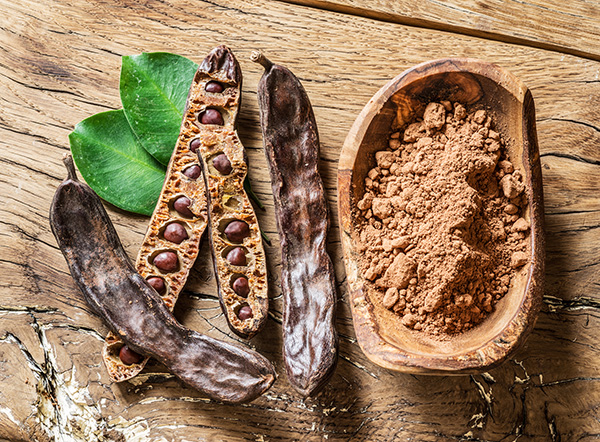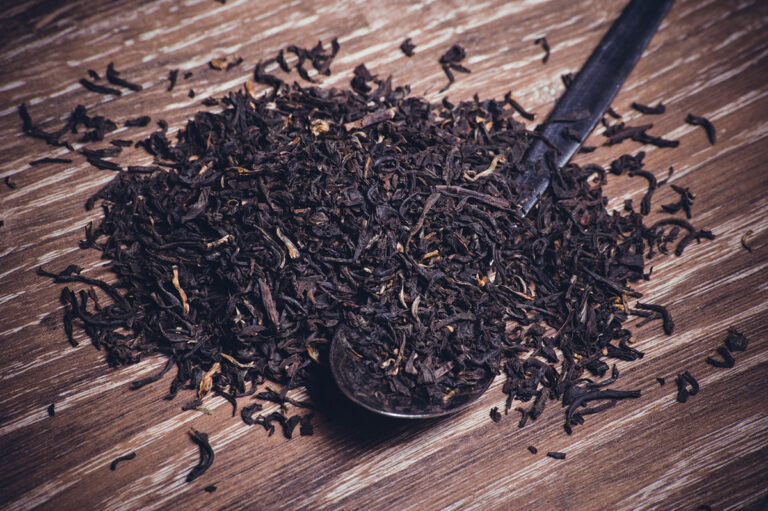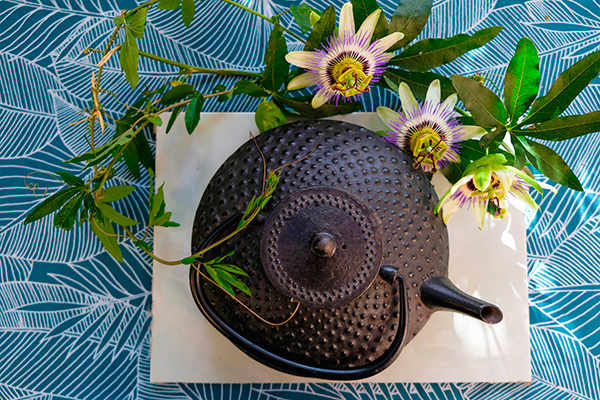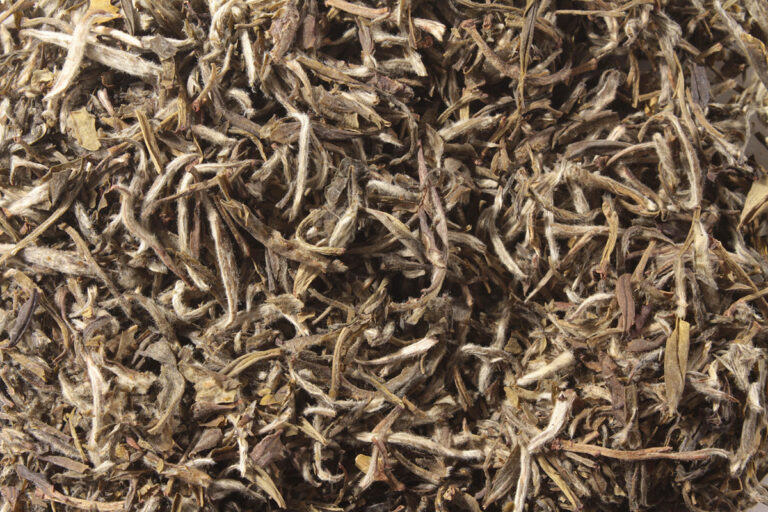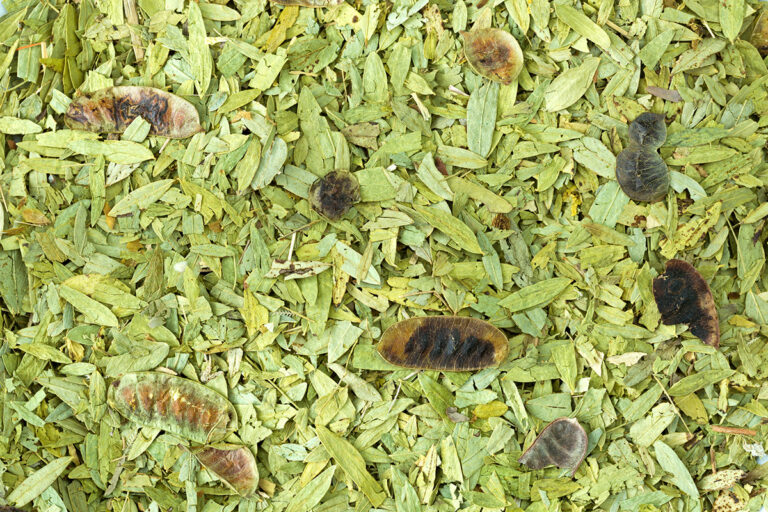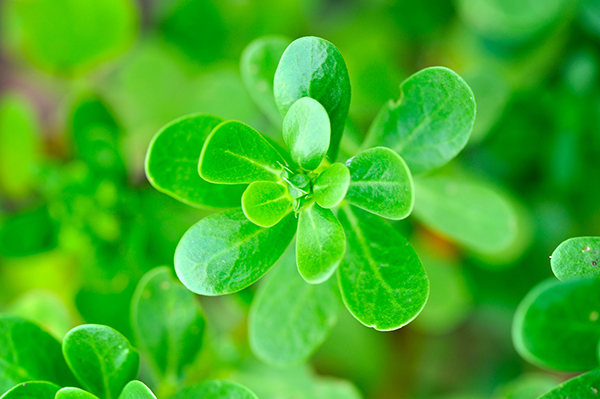How to Prevent Teeth Staining From Tea?
One of the world’s most favored drinks is tea, and rightfully so. However, tea can also hurt your teeth color if you’re not careful. Consistent tea consumption can cause staining on your teeth, resulting in a dull and discolored appearance over time.
Fortunately, there are ways to prevent teas from staining your teeth. We will provide seven tips on protecting your teeth from stains when drinking tea. We will also explain why it happens and list the types of teas that are less likely to stain teeth.
Let’s save time and begin immediately.
7 Tips on How to Drink Tea Without Staining Teeth
Consider these seven helpful tips if you want to avoid staining your teeth when drinking tea.
Add Milk When Possible
Adding milk to a dark-colored beverage does not decrease the amount of tannins present. However, milk may reduce the chances of tannin buildup on teeth due to its calcium content, which may improve tooth enamel strength.
Use a Straw
Using a straw when drinking tea can help stop your teeth from getting stained. The straw directs the liquid away from your front teeth, so it doesn’t linger on the enamel and cause staining.
Brush After Drinking Teas That Stain Your Teeth
Brushing your teeth after drinking these teas effectively removes the surface stains and prevents them from setting in. To ensure the best care for your teeth, it’s recommended to wait 30 minutes after drinking tea before brushing, allowing saliva to neutralize its acidic content. Combining a toothbrush with soft bristles and fluoride toothpaste can help delicately eliminate staining on your teeth while preserving their enamel.
Drink Teas With Less Staining Capabilities
Black or green teas are more likely to cause teeth staining than herbal teas like chamomile and peppermint because they contain pigments that the latter lack. Due to its lower tannin content, white tea is also a good option that can help prevent tooth staining.
By opting for teas with lower staining capabilities or taking measures to minimize their effects, you can still enjoy your favorite beverage without compromising your bright smile.
Increase Your Intake of Abrasive Foods
In addition to brushing your teeth after consuming staining teas and drinking teas with less staining tea, you can also increase your intake of abrasive foods to prevent teeth staining. Foods such as apples, carrots, celery, and nuts work like natural toothbrushes that scrub away surface stains on your teeth. The rough texture of these foods helps remove plaque buildup and bacteria that can cause discoloration over time.
Including these foods in your diet can help maintain clean and healthy teeth while indulging in tea. Although abrasive foods can improve oral hygiene, they cannot replace the importance of regular brushing and flossing.
Limit Your Tea Intake
Limiting your tea intake is one of the simplest ways to prevent teeth staining from tea. Drinking tea in moderation can help reduce the exposure of pigments on your teeth’s surface, minimizing the risk of discoloration over time. Additionally, drinking water after consuming tea can help wash away accumulated pigments in your mouth.
Consider Your Options for Whitening
If you already have teeth stains from drinking tea, several options are available to help whiten your teeth. One option is using an over-the-counter whitening toothpaste containing mild abrasives to help remove surface stains.
Another option is to use at-home whitening kits that typically include a bleaching agent and mouth trays that fit over your teeth. Professional teeth whitening procedures a dentist performs for more significant staining can provide faster and more dramatic results. While these methods can help eliminate teeth stains, it’s important to use them cautiously and with the guidance of a dental professional to avoid risks such as tooth sensitivity or damage to the enamel.
Why Do Teeth Get Stained When Drinking Tea and Coffee?
Three main factors responsible for food and drink-related tooth stains are:
- Chromogens. Foods containing chromogenic pigmented compounds are well-known for causing stains by sticking to the enamel. The main culprit of chromogen-induced teeth staining is red wine, but certain teas like black and green can also contain significant amounts of chromogens.
- Tannins. Many often favor black tea for its high tannin content, which are intricate antioxidants known for combating inflammation, guarding against heart disease, strengthening the brain, regulating blood sugar levels, and providing antibacterial effects. Despite their potential health benefits, tannins can contribute to staining as they increase the adhesion of chromogens to tooth enamel.
- Acidity. Although acids in foods and drinks do not directly cause staining, they facilitate the ideal environment for other compounds to create stains. These acidic substances can weaken and erode enamel, forming rough patches that enable pigments from food and drinks to adhere to teeth. While sodas, sports drinks, and alcoholic beverages are the primary culprits, certain types of tea may also contain mild acidity.
Types of Teas That Stain Teeth the Most
Here are some types of teas that are known to stain teeth the most:
- Black tea: According to a study, tannin content in black tea ranged from 11.76 to 15.14%, averaging 13.36%. This level of tannin content can lead to tooth stains. The high concentration of chromogens and darker color of this tea increase the likelihood of tooth discoloration compared to other teas.
- Green tea: Although green tea is often touted for its health benefits, it can still cause teeth staining due to its high level of chromogens. Regarding tannins, the same study discovered that green tea had only an average of 2.65% tannins, which is notably lower than black tea.
- Oolong tea: Oolong tea is another tea that contains tannins, which can contribute to tooth stains. While oolong tea has a lower tannin concentration than black tea (8.66% average tannin content, according to the study), it still has enough tannins to cause staining if consumed regularly or in large amounts. Like other teas, oolong tea may contain chromogens and acids that can contribute to tooth discoloration.
Tea That Doesn’t Stain Teeth
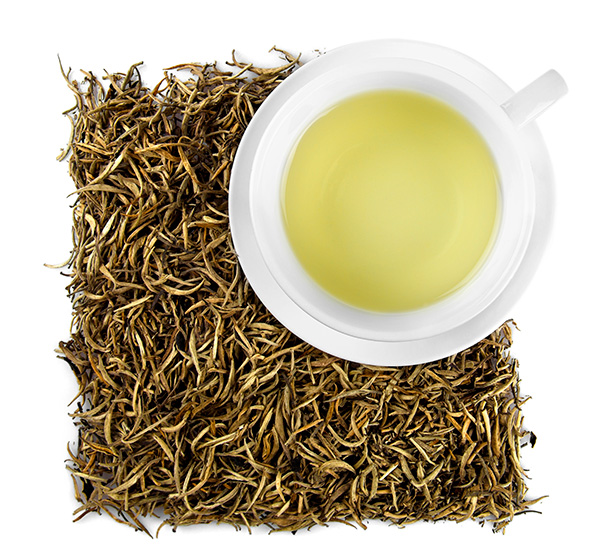
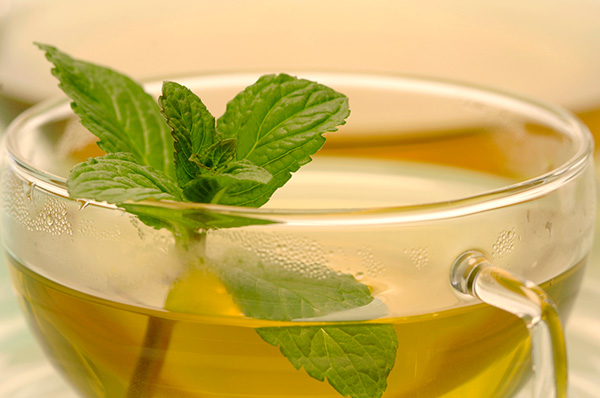
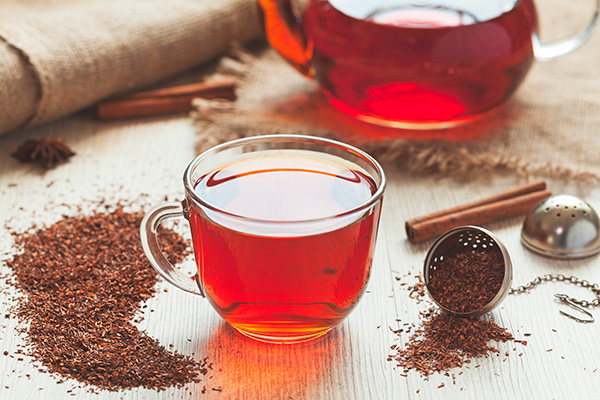

Here are some types of tea that are less likely to stain teeth:
- White tea: With lower levels of processing and fewer tannins and chromogens, white tea is the tea of choice for those concerned about discoloration.
- Rooibos tea: Rooibos tea, also known as red bush tea, is an excellent choice for those concerned about staining, with its natural lack of caffeine and low tannin content.
- Peppermint tea: Peppermint tea is not typically known to cause tooth staining due to its low tannin levels and neutral acidity with a pH of 6-7. Additionally, being caffeine-free further reduces the likelihood of tooth staining from peppermint tea consumption.
- Ginger tea: Ginger tea is an herbal tea that is unlikely to cause tooth stains as it contains no tannins or acids.
While these teas may be less likely to cause tooth stains, maintaining proper oral hygiene and drinking them in moderation is still essential for optimal dental health.
Conclusion
There are multiple ways to prevent teeth staining from tea, including adding milk to tea, using a straw, brushing your teeth after drinking tea, or increasing your intake of abrasive foods.
It’s also important to be mindful of the types of tea you drink if you want to prevent teeth staining. Black and green teas contain higher tannins, chromogens, and acids that can cause tooth discoloration over time. Unlike other teas, rooibos tea, peppermint tea, and ginger tea are less likely to cause teeth stains due to their low tannin content and neutral pH level.
FAQ
Can You Drink Tea After Brushing Your Teeth?
Drinking tea immediately after brushing your teeth is not advised as it may wash away the fluoride in toothpaste, which is essential for strengthening enamel. Waiting for at least 30 minutes after brushing before consuming tea or any other food or drink is recommended for optimal fluoride absorption by the teeth. Following this recommendation can significantly improve the effectiveness of your toothpaste and promote good oral health.
Does Tea Make Your Teeth Yellow?
Although tea is often cited as a leading cause of teeth staining, it doesn’t necessarily cause yellowing on its own. Tooth color can vary among individuals, with some naturally having yellower or more discolored teeth. However, the tannins in tea can contribute to discoloration by sticking to the enamel of your teeth and causing stains over time. The degree of tea staining is directly linked to its darkness, with darker teas having a greater likelihood of causing staining.

